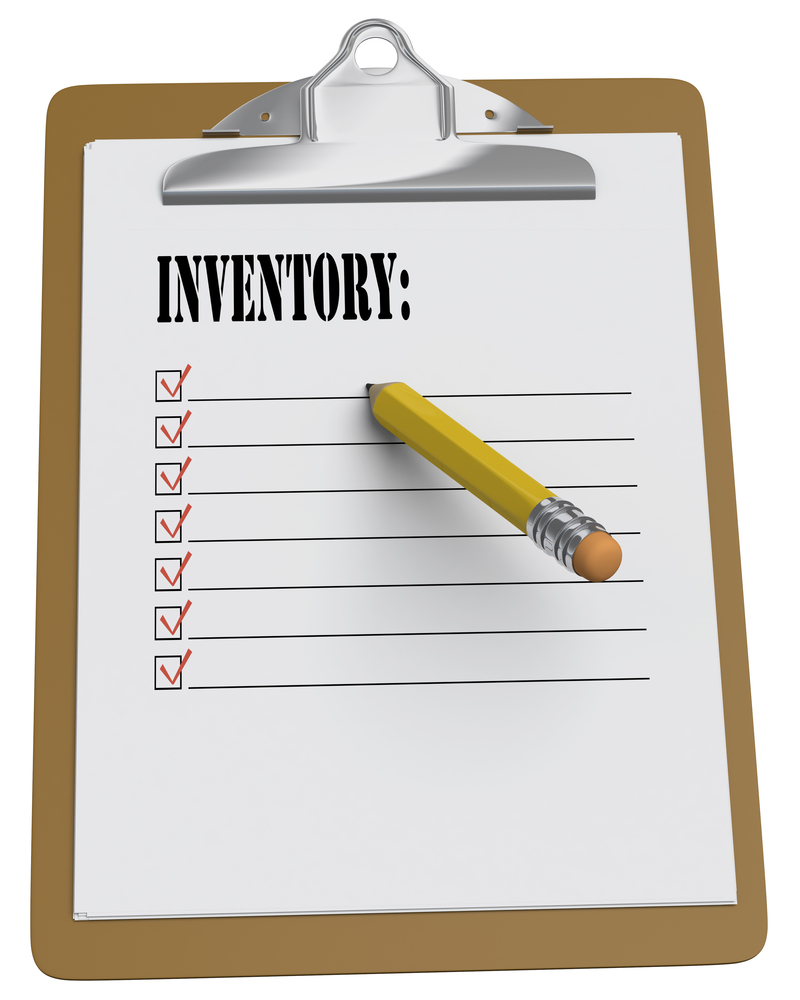As a homeowner, you make sure that you have insurance to cover your property from damage such as fire, environmental hazards, and flooding. However, while it’s relatively easy to determine the costs of repairing and rebuilding your home after such a devastating event, what happens when you have to replace all of your stuff inside?
According to a survey from the National Association of Insurance Commissions, only 41 percent of Americans have a detailed inventory of what’s inside their homes. This means that if the worst were to happen, you would likely get far less than what you need to reclaim your life pre-loss.
So, with that in mind, we want to go through the process of home inventory. It’s imperative that you have a detailed record of everything inside your property so that your claim will be sufficient enough to get it all back.
What is a Home Inventory?
Simply put, a home inventory is an itemized list of everything inside your house. Whether it’s furniture, clothing, jewelry, or electronics, all of it should be listed so that it can be included in your insurance claim.
When you consider the cost of replacing everything you own, it can be overwhelming to imagine that you might have to pay for most of it out of your own pocket. Having a detailed inventory list will ensure that you can get a reimbursement that will cover more than just the essentials.
Although a home inventory is ideal for any homeowner, you should pay careful attention to any big-ticket items that cost a lot. Jewelry, for example, should be insured separately. This is because most policies only cover about $500 to replace them, which can be substantially less than what you would pay.
Why is it Necessary?
There are two primary reasons that you want to get started on a home inventory as soon as possible.
First, you want to make sure that your policy reflects the actual value of everything inside your home. When determining a payout, it’s easy to estimate the cost of your property, as well as the expenses required to rebuild it. However, since your insurance agent doesn’t know what kind of stuff you have inside, they are going to draft a payout based on averages. In many cases, this number is far less than what you need.
Secondly, having a detailed inventory will make your claim much easier to file and process. So much time and effort is spent trying to figure out what has to be replaced, but if you have a list in place, you can streamline this process so that you can get paid faster.
Another benefit of doing a home inventory is that you can write off any losses that aren’t covered by insurance. For example, if you didn’t get your jewelry insured before it was lost, you can claim the difference on your taxes.
Unless you are independently wealthy, having a home inventory is going to make a substantial difference if and when you have to file a claim.
How to Do a Home Inventory
Fortunately, there are plenty of options available to you when you start your inventory. However, even just a pad of paper and a pen is preferable to having nothing written down. You can create your own list or use one of many different online tools to keep items organized.
To ensure that your inventory is always accessible, we highly recommend that you submit a copy to your insurance agent as soon as it’s finished (and every time it’s updated). It’s also a good idea to keep a copy on file in the cloud so that you can access it from any computer. This is helpful if you experience a total loss and any paperwork inside the home would be lost.
Home Inventory Tips
Taking inventory of your home is more than just listing everything on a sheet of paper (or an excel file). Since you could potentially list items that you don’t own, it’s imperative that you provide documented proof of ownership so that it can be counted in your claim.
Here are some things to remember when getting started.
Make a Video Recording
Pictures are also necessary, but they are easier to forge, which is why most insurance companies prefer a video recording instead. Make sure that there is a time stamp on the footage, and record yourself as well to prove that it was you making it. You don’t have to cover everything in a single shot, but try to get as much as you can in each take to make things easier for both you and the claims adjuster.
Group Items by Type
Although it can be helpful to list each product individually, it will take a lot more time to do. Also, most insurance policies will make an average number, so it’s not necessary to show every specific thing in your home.
For example, group clothing together by style and type. Shirts, pants, shoes, and accessories should all be clumped together. The only time you want to provide individual details is if the item in question is expensive or unique.
Update it Often
Every time you buy something from the store or receive a gift, you should take the time to update your inventory list. While you don’t have to resubmit it to your agent every time you do this, it’s helpful to provide him or her with an updated list every six months or every year.
Keep Receipts if Possible
While you probably don’t have receipts for a lot of the items you own right now, it can be helpful to keep them for future purchases. This is further documentation that can help you get a better settlement since you can put a dollar amount on each item.
Work With Your Agent
Once you have an inventory in place, then discuss what options you have with your agent. For example, if specific items (like jewelry or collectibles) have to be insured separately, you want to create a unique list for them and then develop a policy accordingly.
Bottom Line
Don’t wait until disaster strikes to take stock of your belongings. Having a home inventory in place will not only make things easier if and when something happens, but it will also provide you with peace of mind.
Even with a home inventory, it is important that you have the right coverage. Doing an insurance review with your agent is an easy and great way to know your options and that your coverage fits what you need. Tell us how we can help you…







